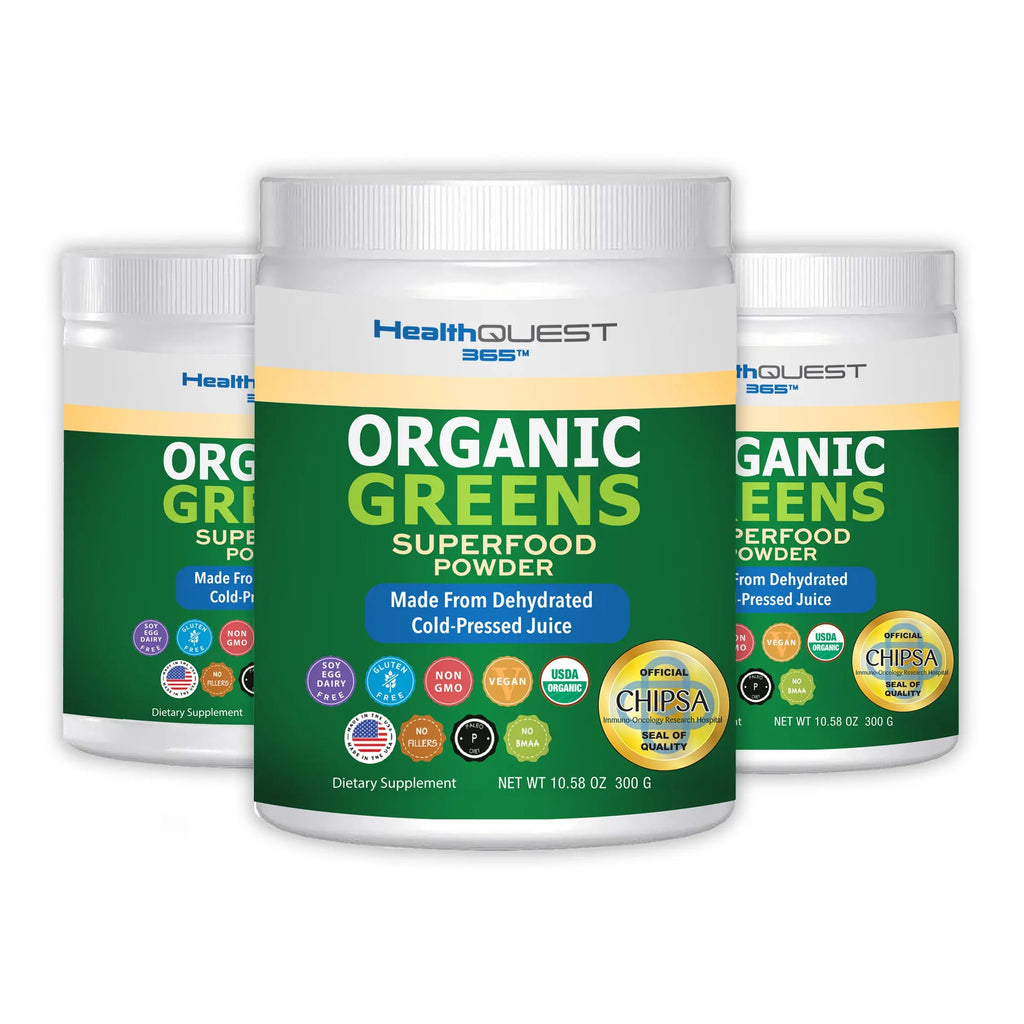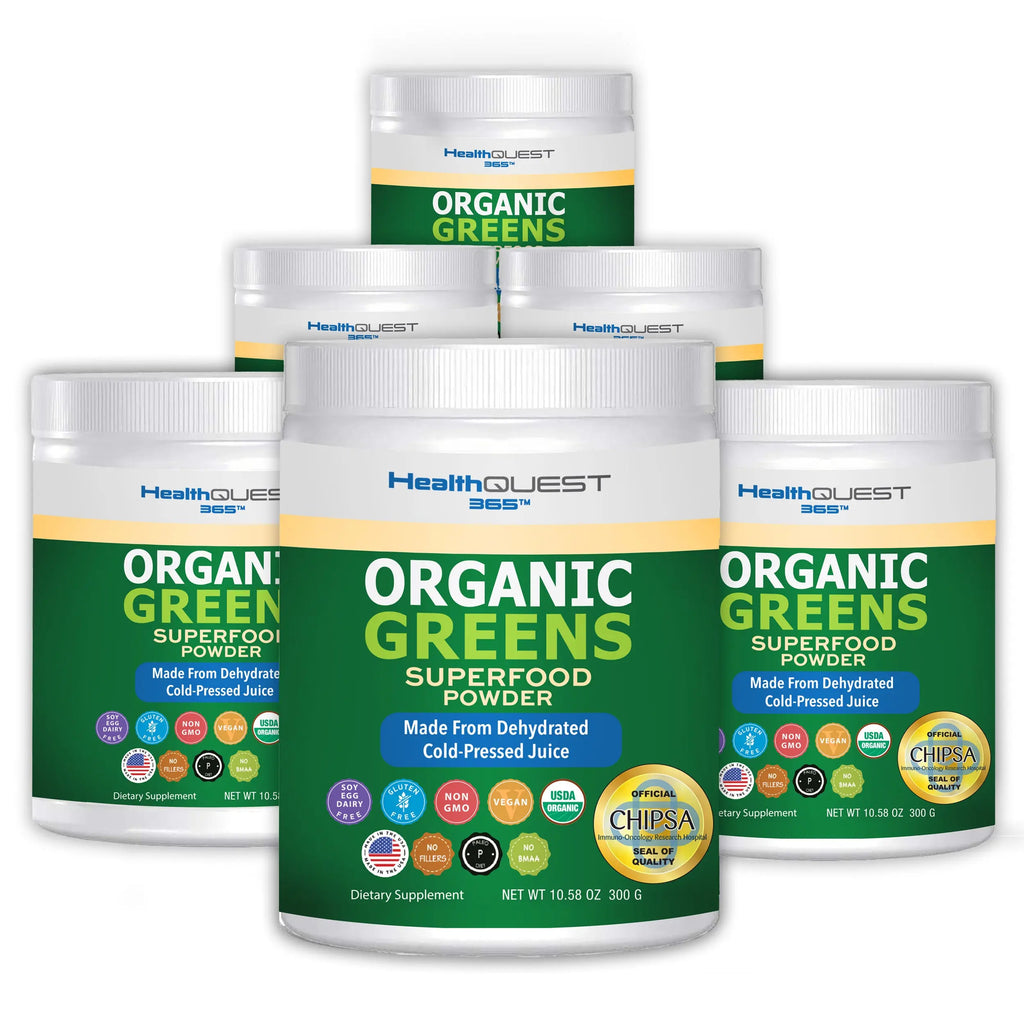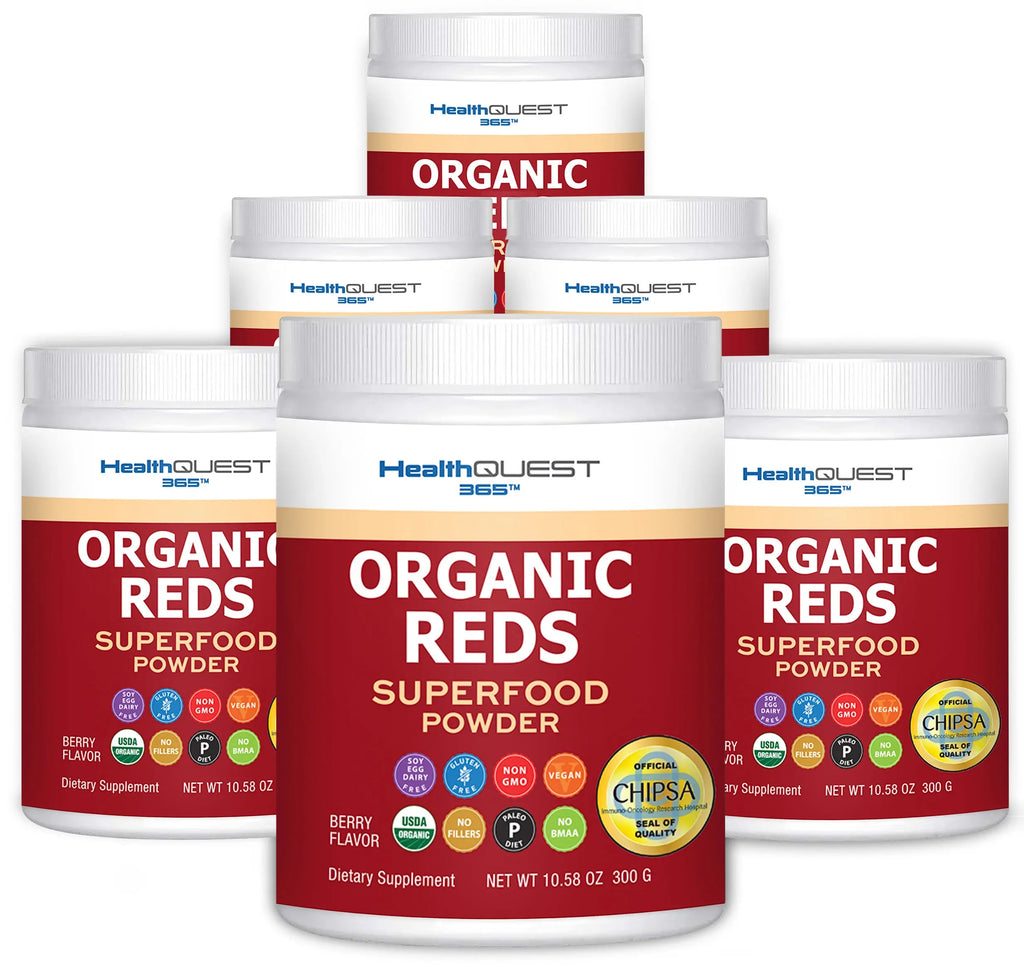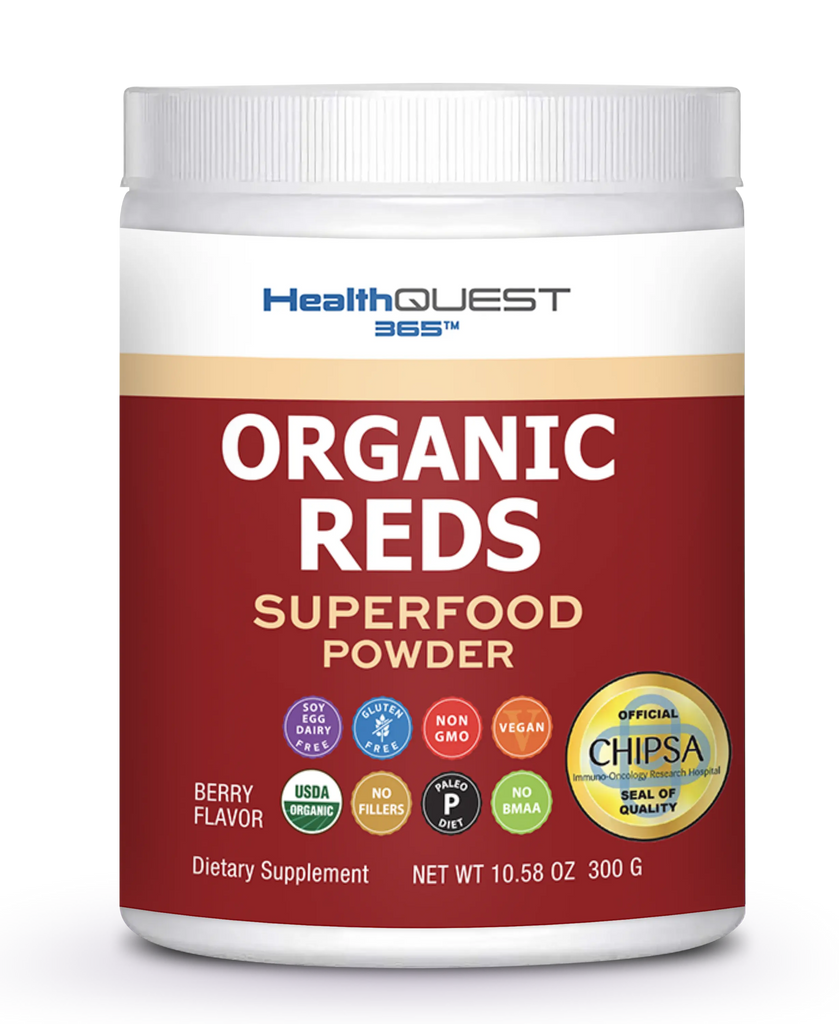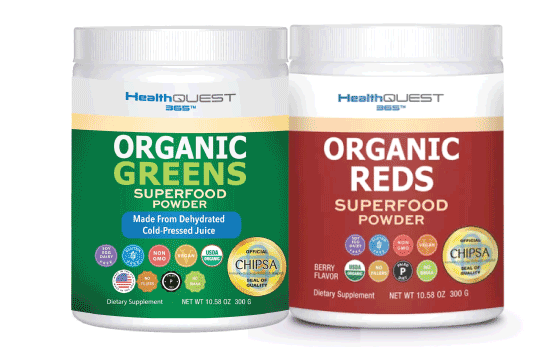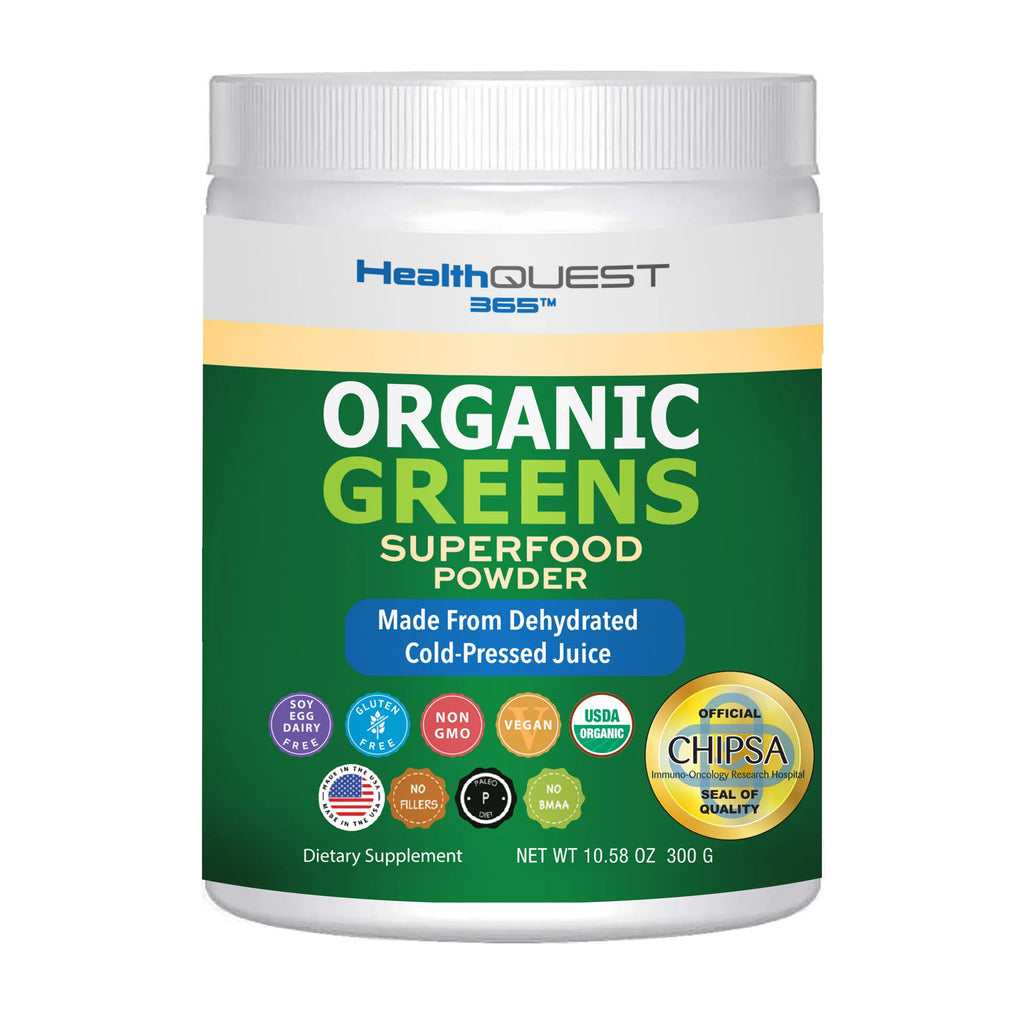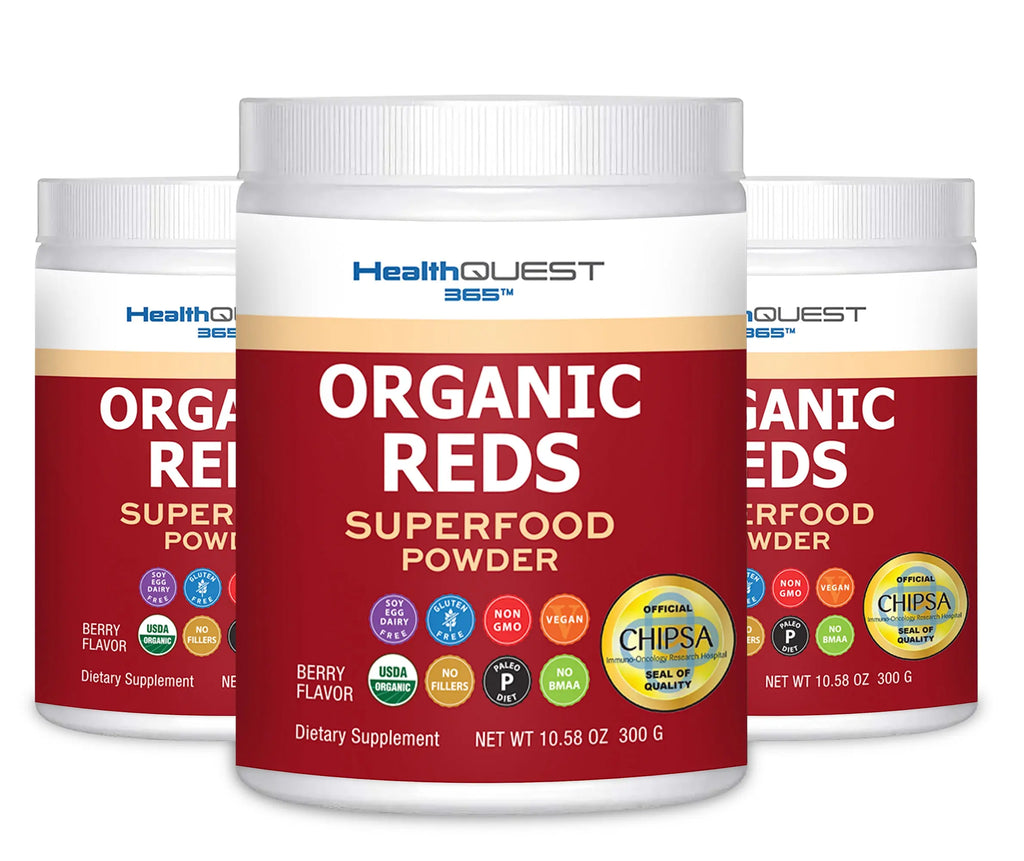It’s about health. It’s about healthy lifestyle. It’s about family™

Everything You Need to Know About the Theory of Germs
Did you know that germs cause various illnesses? Believe it or not, this concept has been around since the late 1800s and early 1900s. That was when scientists started to understand how infectious diseases spread.
The theory of germs is a cornerstone of modern medicine. It can help you protect yourself from getting sick and passing illnesses on to others.
This article will discuss the theory of germs and how it affects your health.

WHAT IS THE GERM THEORY?
The theory of germs states that certain microscopic organisms are responsible for causing diseases in both humans and animals. These “germs” can be bacteria, viruses, fungi, or parasites. These are living microorganisms that can spread from one person to another or from an animal to a human.
Germs are often invisible to the naked eye, so it can be difficult to tell if you’ve been exposed to them or not. That’s why it’s so important to take precautions like washing your hands regularly and avoiding contact with people who may be sick.
INFECTIOUS DISEASES AND AGENTS
A key part of the theory of germs is the concept of “infectious agents.” This means that germs can enter the human body and cause infection or illness. They can also be spread from one person to another through:
-
Contact
-
Inhalation
-
Ingestion
-
Touching contaminated objects
The theory of germs has been around for centuries. But it wasn’t until Louis Pasteur and Robert Koch developed the germ theory of disease in the late 1800s that it became accepted. They were able to prove that microorganisms could induce disease. Diseases caused by these germs include cholera, tuberculosis, and anthrax.
DEBUNKING SPONTANEOUS GENERATION
Before the theory of germs was accepted, a lot of people believed in something called “spontaneous generation.” This was the idea that living things could arise from non-living material. It was thought that animals and plants could come into being without any help from other life forms.
Louis Pasteur disproved spontaneous generation when he showed through experiments that germs were responsible for certain diseases. He proved that bacteria and other microorganisms could not come into existence on their own. Instead, they had to be transferred from one living organism to another. Pasteur made the earliest vaccines for many diseases. One vaccine was specifically made to combat the cholera epidemic.
THE GERM THEORY AND MODERN MEDICINE
Today, the theory of germs is an important part of modern medicine and public health. It is also widely embraced by the scientific community. This predominant theory is published in multiple research platforms, such as the British medical Journal.
Scientists use the theory of germs when:
-
Conducting research
-
Developing treatments
-
Creating vaccines against illnesses
By understanding the germ theory of disease, you can do your part to protect yourself and others from getting sick.
INFECTIOUS DISEASE PROTECTION
Contagious diseases can be very serious, so it’s important to take steps to protect yourself and others. Do these to prevent the spread of germs:
WASH YOUR HANDS FREQUENTLY
Frequent handwashing can protect you from germs. Scrub your hands with soap for 20 seconds or more. Then, rinse well.
Washing removes germs from your hands. Handwashing also keeps germs from spreading to other people or objects. You don't need antibacterial soap. The regular kind works just as well.

AVOID CLOSE CONTACT WITH PEOPLE WHO ARE SICK
If someone around you is sick, it’s best to avoid close contact with them. This includes refraining from shaking hands or hugging the person.
This is because germs can spread through close contact with someone who is ill. So, it’s best to stay at least 6 feet away from them. Sometimes, germs can also be air-borne, so it’s best to limit your time around a sick person.

Give You ALL Our Best Workbooks
Get all the Best Workbooks + Action Guides from our expert
AVOID TOUCHING YOUR FACE
Germs can easily enter the body through the eyes, nose, and mouth. To protect yourself, try not to touch these areas of your face with your hands unless they’ve been washed first.
DISINFECT SURFACES
Germs can also spread through contact with contaminated objects, like doorknobs and tables. To prevent this, make sure to wipe down surfaces regularly with an antibacterial cleaner.
Use wipes that contain at least 60% alcohol to get rid of germs. You can also use a diluted bleach solution. It should contain 9 parts water to 1 part bleach. However, be sure to wear gloves when doing this.
STAY HOME WHEN YOU'RE SICK
If you feel like you’re coming down with an illness, it’s best to stay home until you’ve recovered. This will help prevent the germs from spreading to other people.
Try to keep yourself isolated from family members and roommates while you’re sick as well.
PREVENTING THE SPREAD OF INFECTIOUS DISEASES
It’s important to understand the theory of germs and how it can affect your health. This knowledge can help you take steps to protect yourself and others from getting sick.
Try to follow these preventive measures to keep germs at bay:

STAY UP TO DATE ON VACCINES
Vaccines can help protect you from illnesses caused by germs. Make sure to get the recommended vaccines for your age and lifestyle. Also, keep up with booster shots as needed.
The basic vaccines for adults include:
-
Influenza (flu) vaccine
-
Tetanus, diphtheria, and pertussis vaccine
-
Measles, mumps, and rubella vaccine

FREE "Mystery Gift"?
Let me stay in touch with you via email and as a thank you - get this FREE gift.. Something others paid over $1,000 for.
(True story)
PRACTICE GOOD HYGIENE HABITS
Good hygiene can prevent the spread of germs. Be sure to:
-
Wash your hands often with soap and water
-
Avoid touching your face
-
Cover your mouth when you sneeze or cough
-
Disinfect surfaces regularly
WEAR PROTECTIVE CLOTHING
When going into crowded areas, wear face masks and gloves to protect yourself. This is especially important if you’re at higher risk of getting sick, such as in healthcare settings.
You can wear disposable masks and gloves that are available at most drug stores. These protective gears will also stave off environmental factors.

PRACTICE SOCIAL DISTANCING
Social distancing is an effective way to reduce the spread of germs. Try to avoid close contact with people who may be sick. This includes refraining from shaking hands and hugging them.
Do you have to be in close contact with someone? If so, make sure to stay at least 6 feet away from them.

TAKE CARE OF YOUR HEALTH
Taking care of your health can help boost your immune system. That can reduce your risk of getting sick. You can start by eating a healthy diet. Go for plenty of fruits, vegetables, and whole grains. If you can't get enough nutrients, you can ask your doctor about supplementation. For starters, you can try the Organic Greens 365 superfood powder!
Also, make sure to get enough sleep and exercise regularly. You should also try to limit stress as much as possible, as this can weaken your immune system. These habits can help your body fight off germs and stay healthy.
CLEAN AND DISINFECT
Keep your home and workspace clean to reduce the spread of germs. Regularly disinfect surfaces with an antibacterial cleaner or diluted bleach solution. Wear gloves and wash your hands immediately after cleaning. This will help protect you from any germs that may have been present on the surfaces.
To Wrap Up
The theory of germs is an accepted part of modern medicine and public health. It helps us understand how viral and bacterial diseases spread. It also helps us protect ourselves from them.
You can follow preventive measures, such as handwashing, avoiding close contact with sick people, and getting vaccinated. These can help you stay healthy and prevent the spread of germs. So, make sure to do your part to protect yourself and others!
Want to take charge of your healthy today? Check out Health Quest 365's Organic Greens 365!
FREQUENTLY ASKED QUESTIONS
A simple step would be to evaluate your current lifestyle and health, identify areas of improvement, and gradually incorporate healthier habits.
Absolutely! Physical exercises such as jogging, brisk walking, or bodyweight exercises can be done without a gym.
A positive attitude is vital in healthy living as it reduces stress and encourages persistence in maintaining healthier habits.
A supportive environment can be built by including people who have similar health goals or by seeking the support of friends, family, or online health and wellness communities.
Regular check-ups help in detecting any potential health issues early and managing them effectively. They keep you updated about your overall health.

